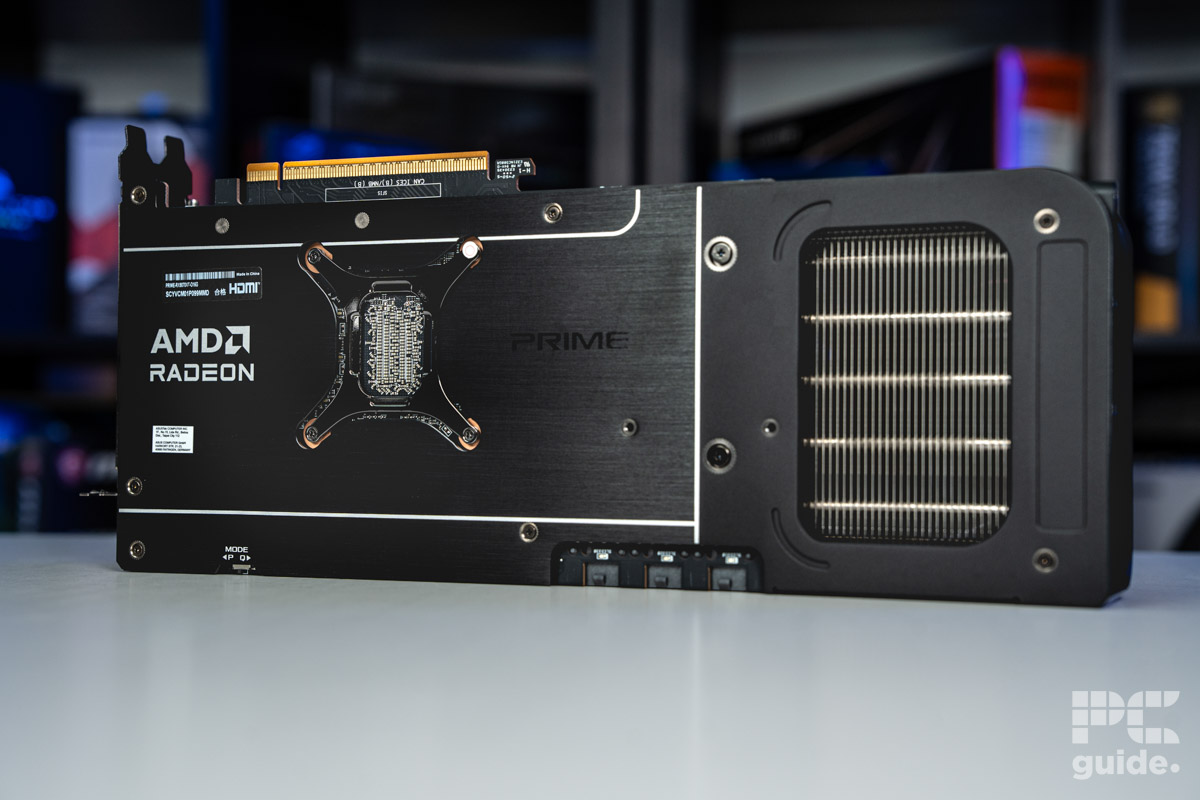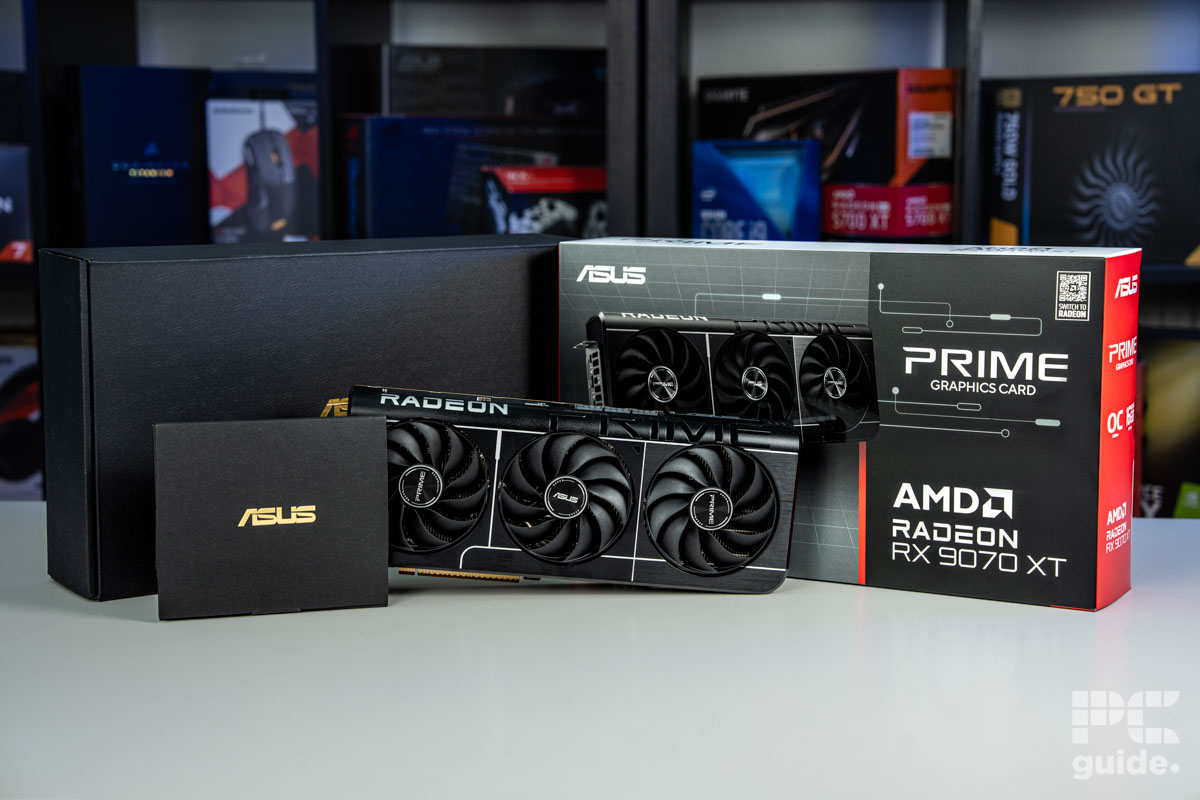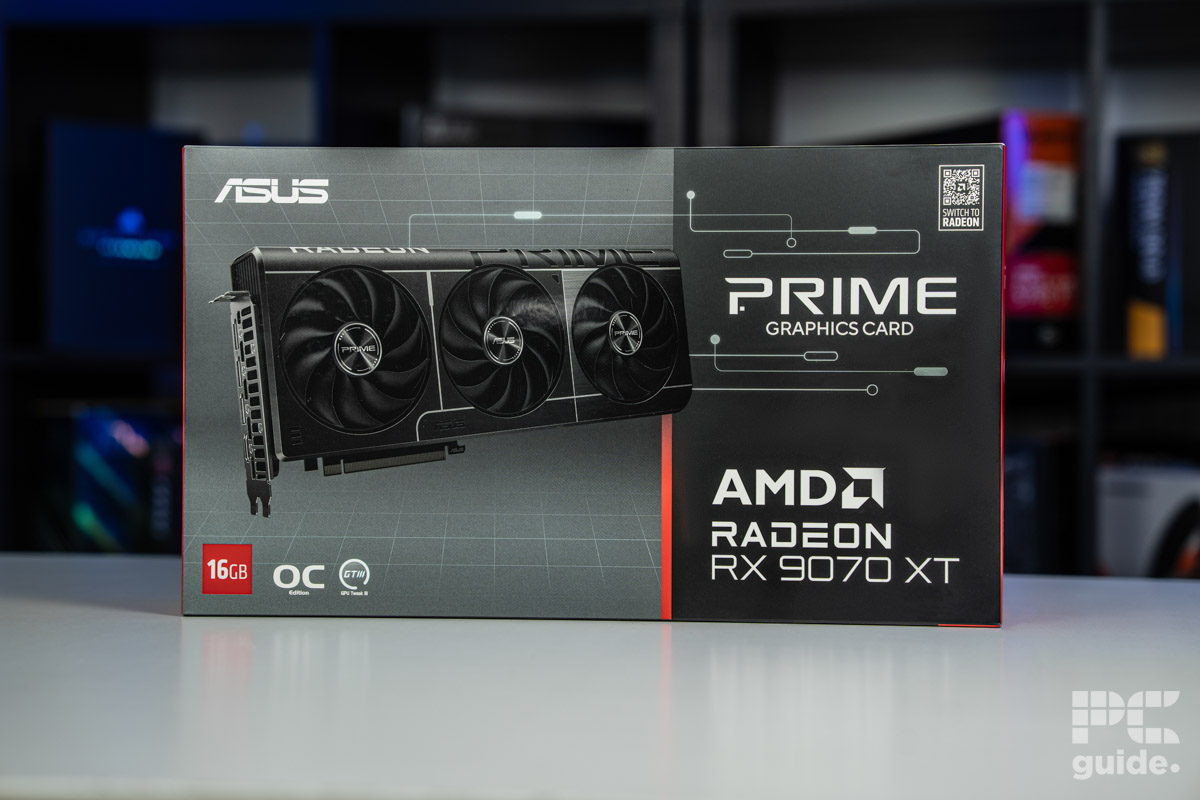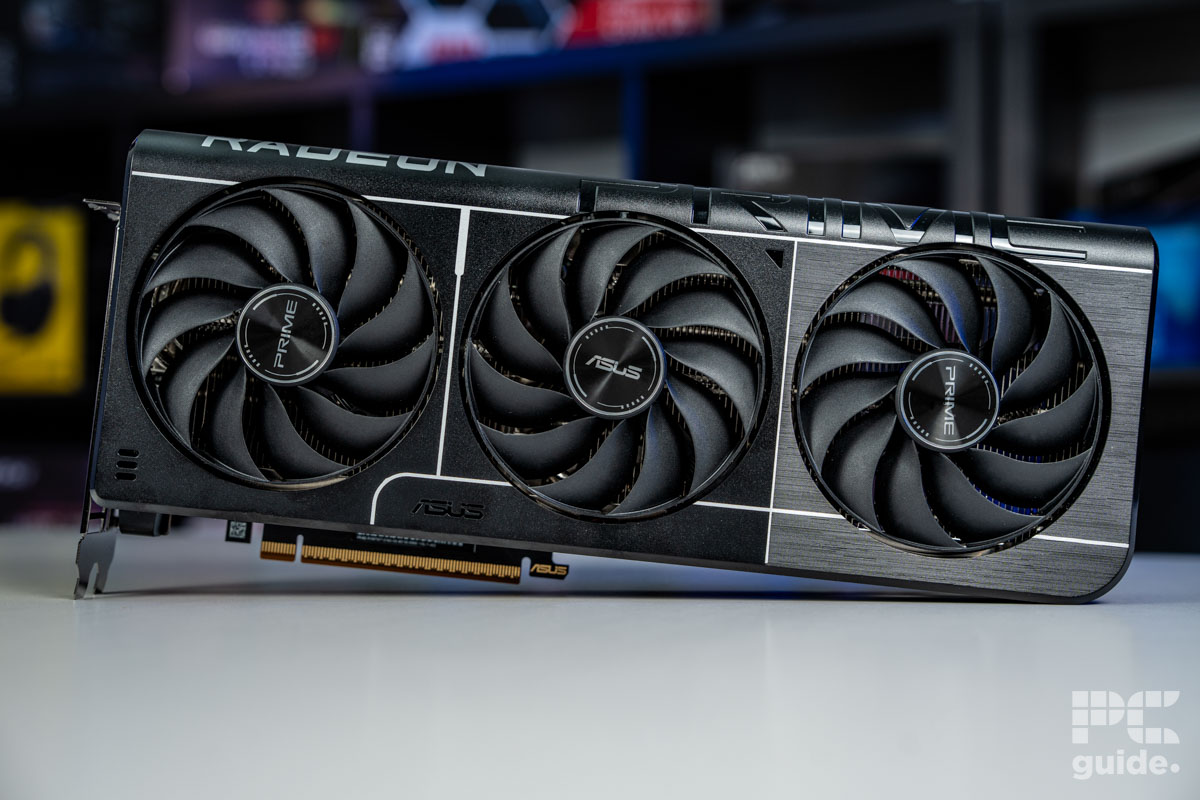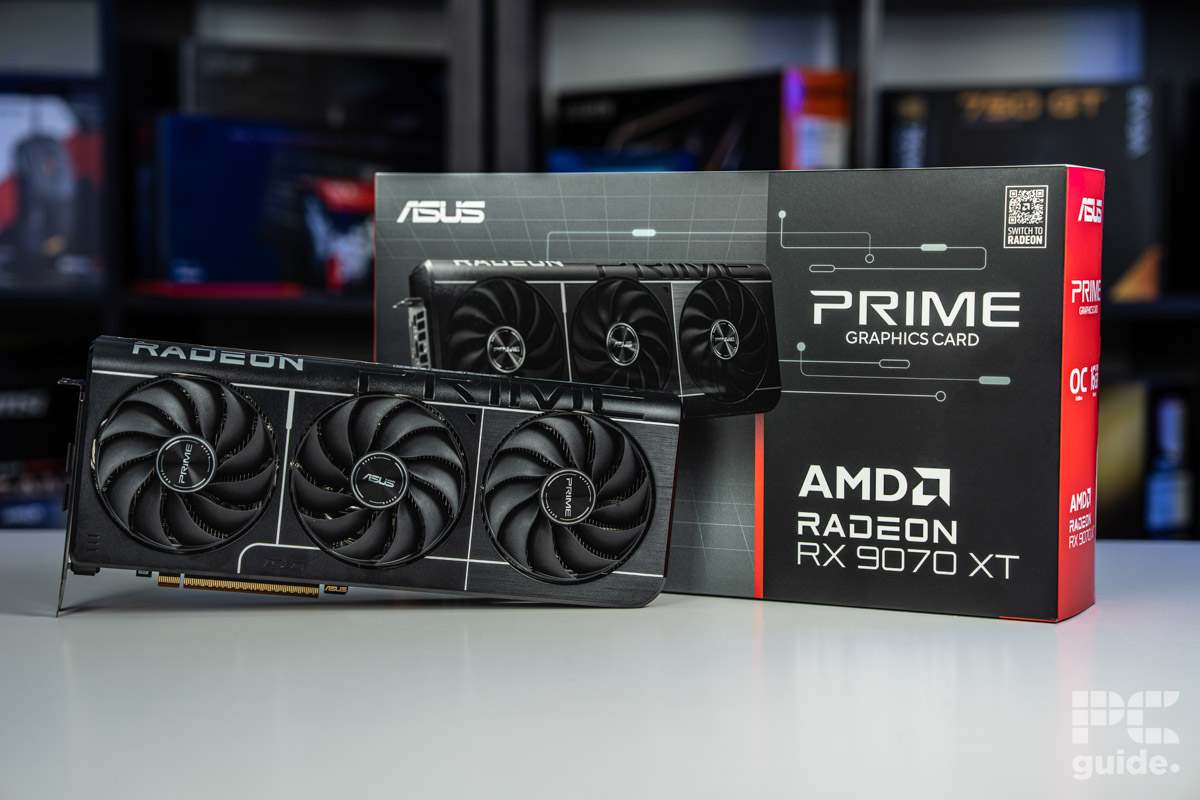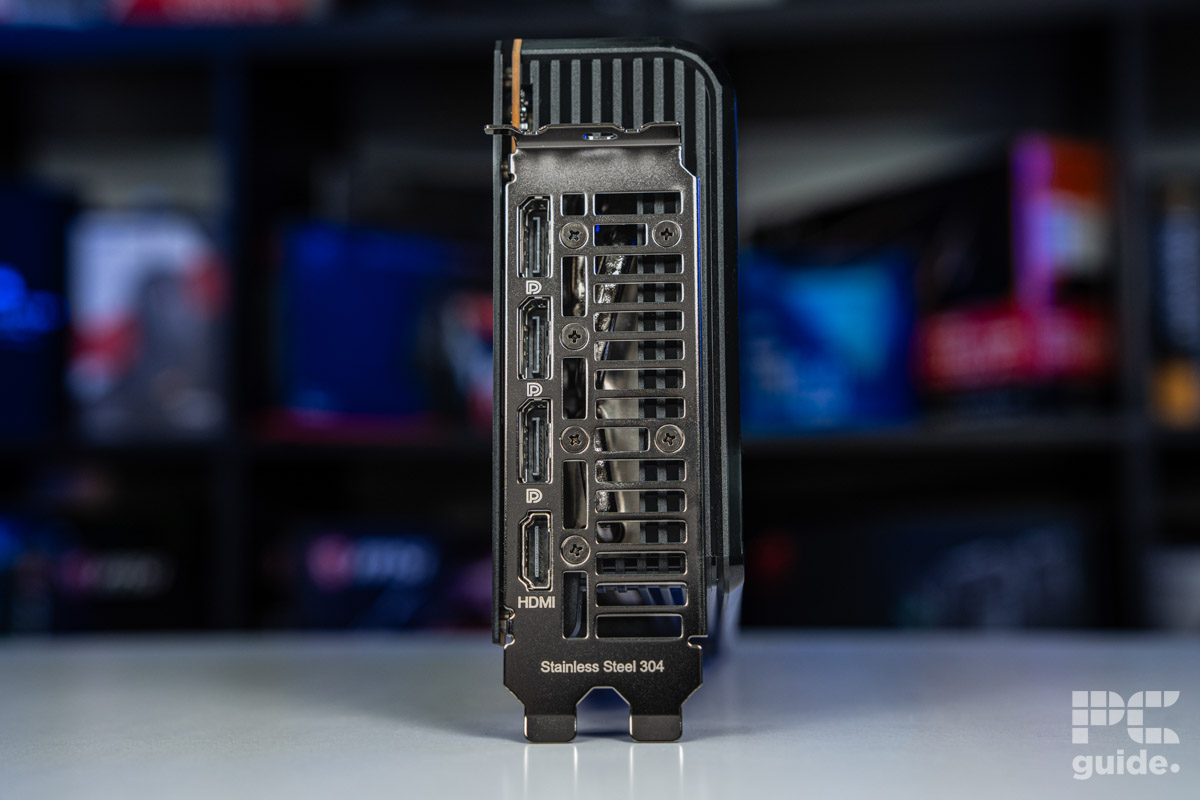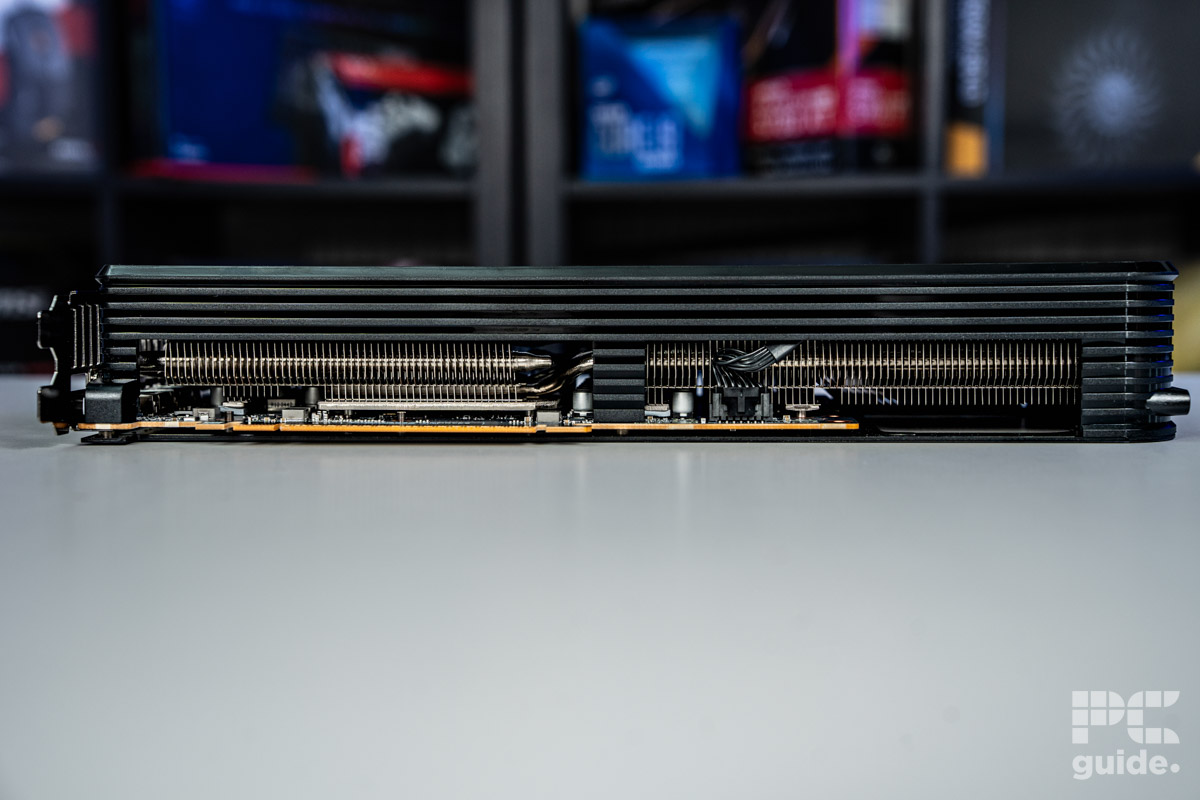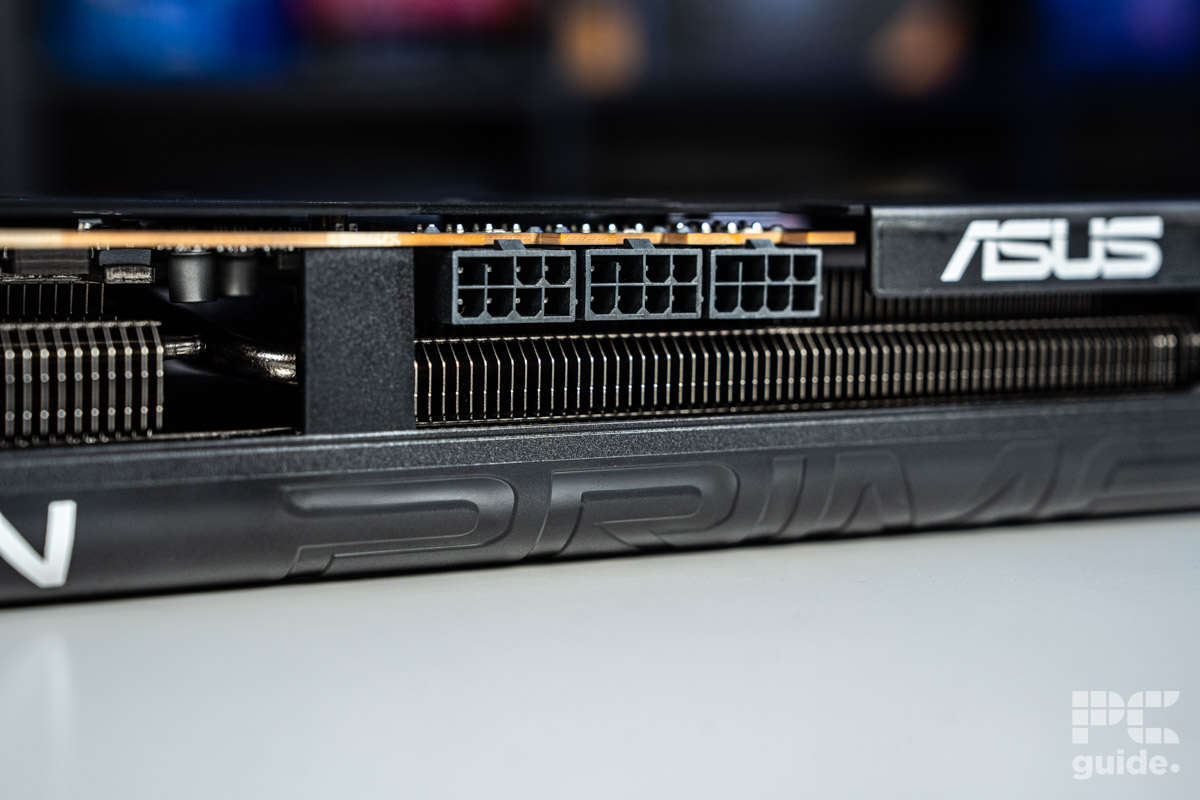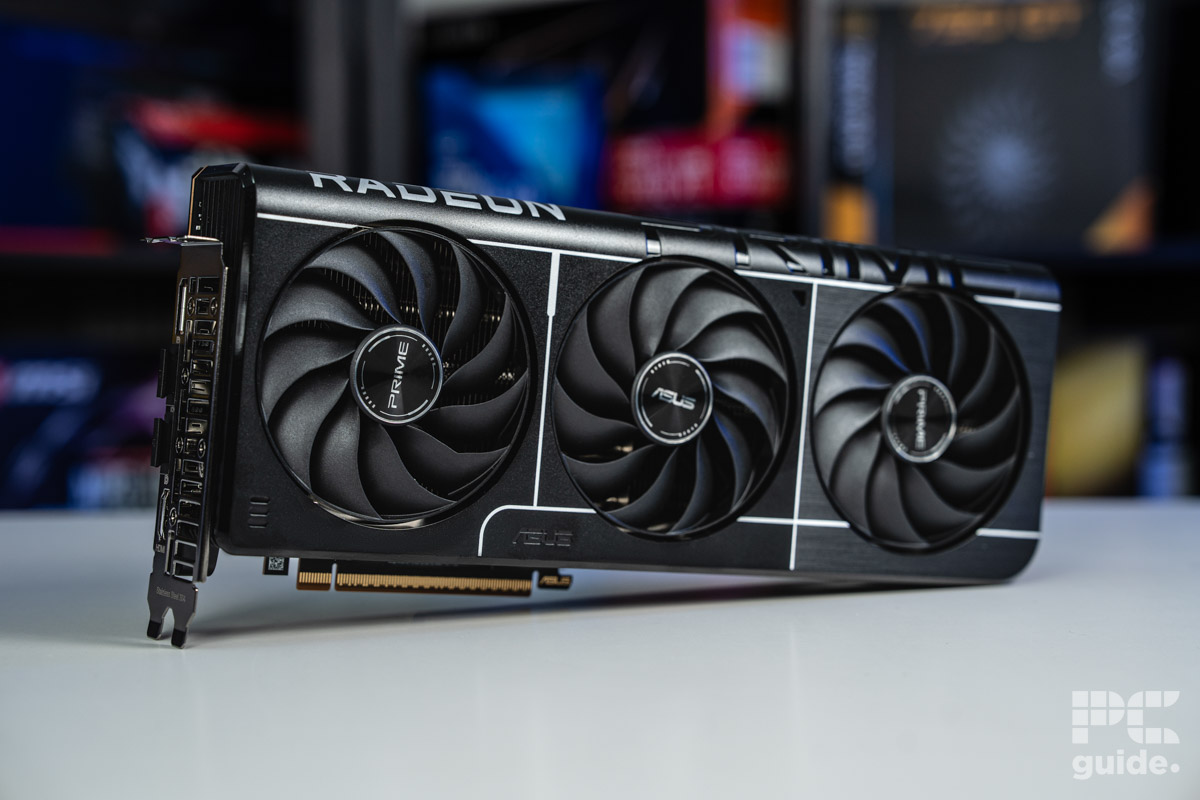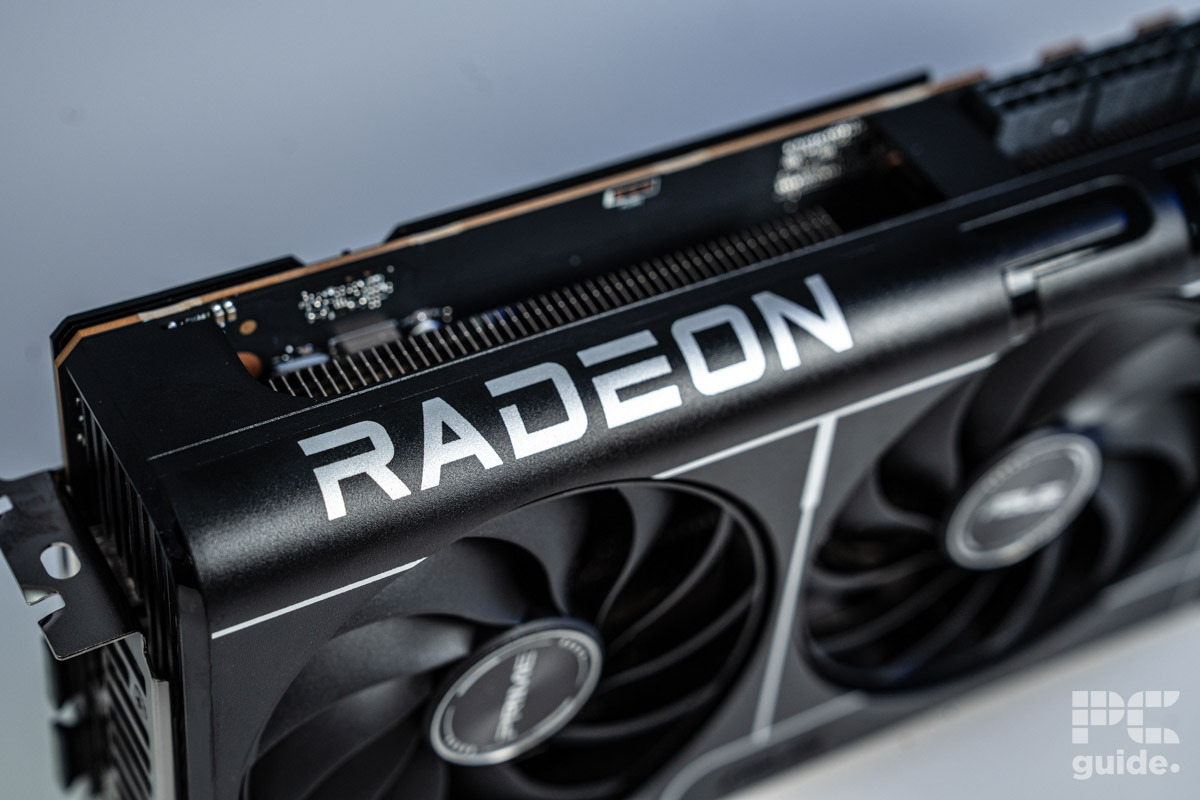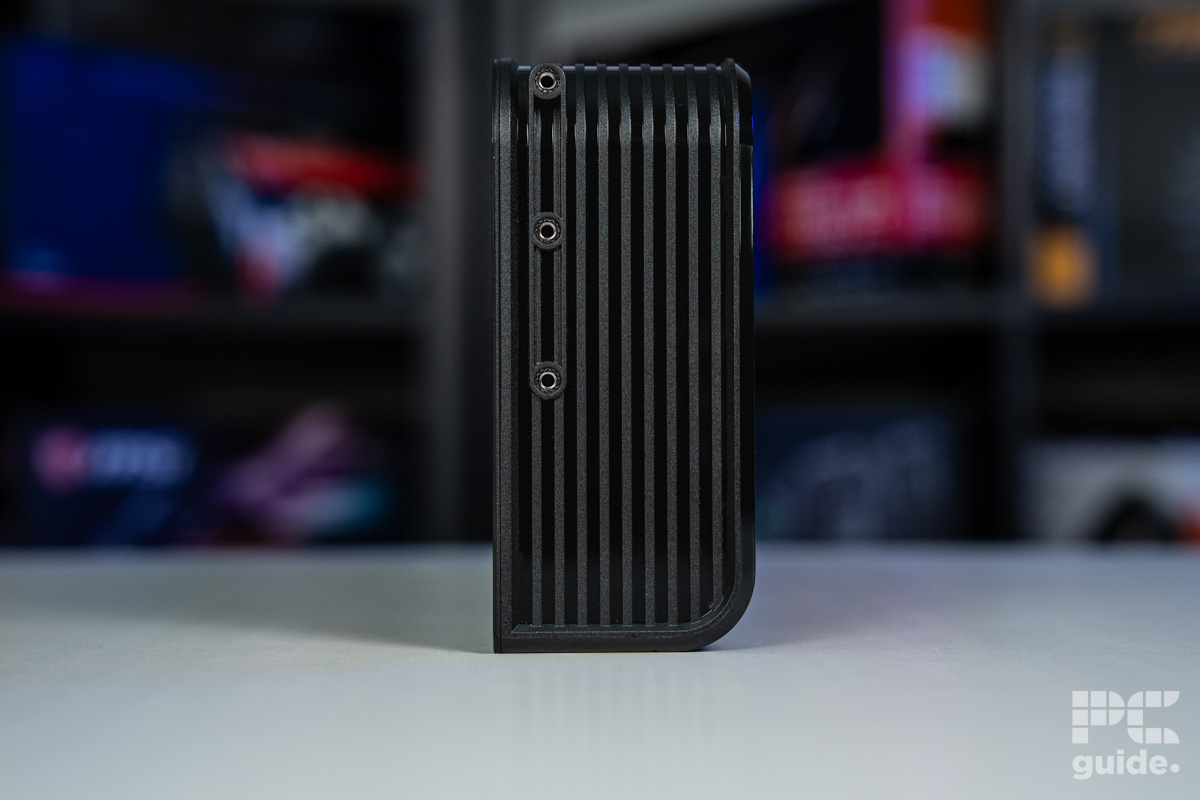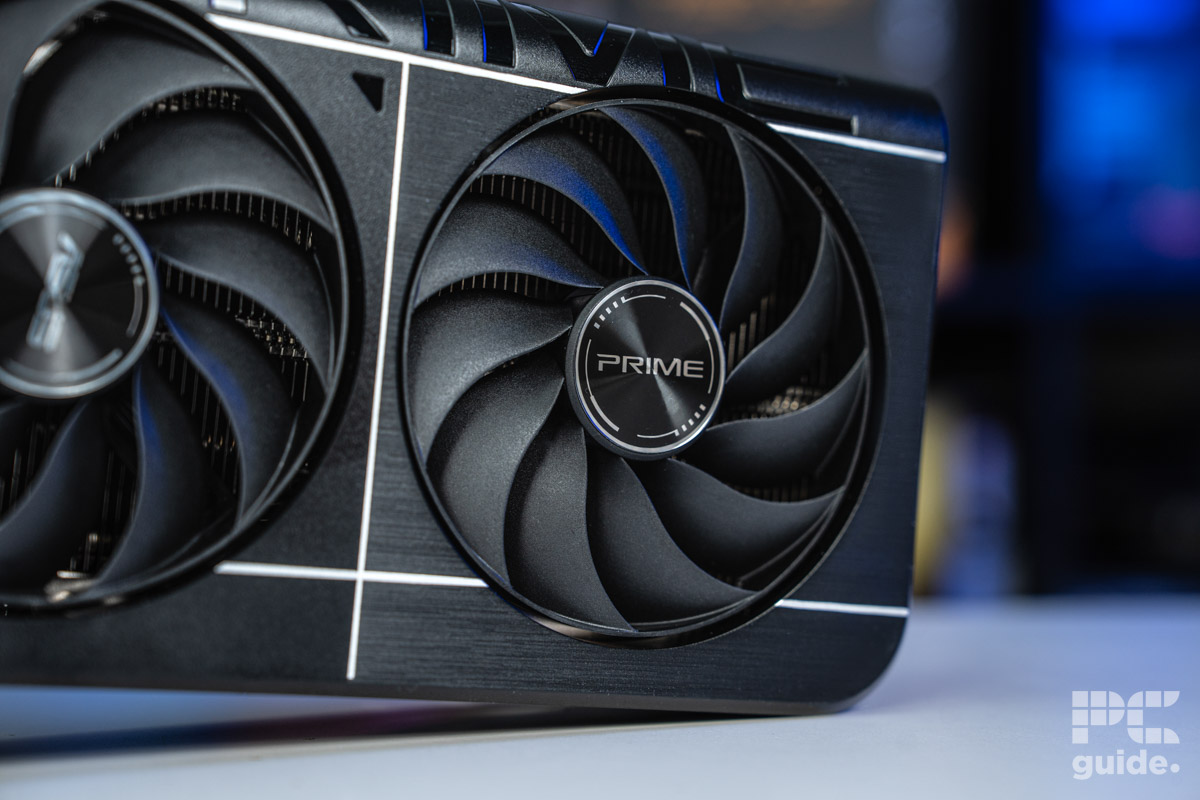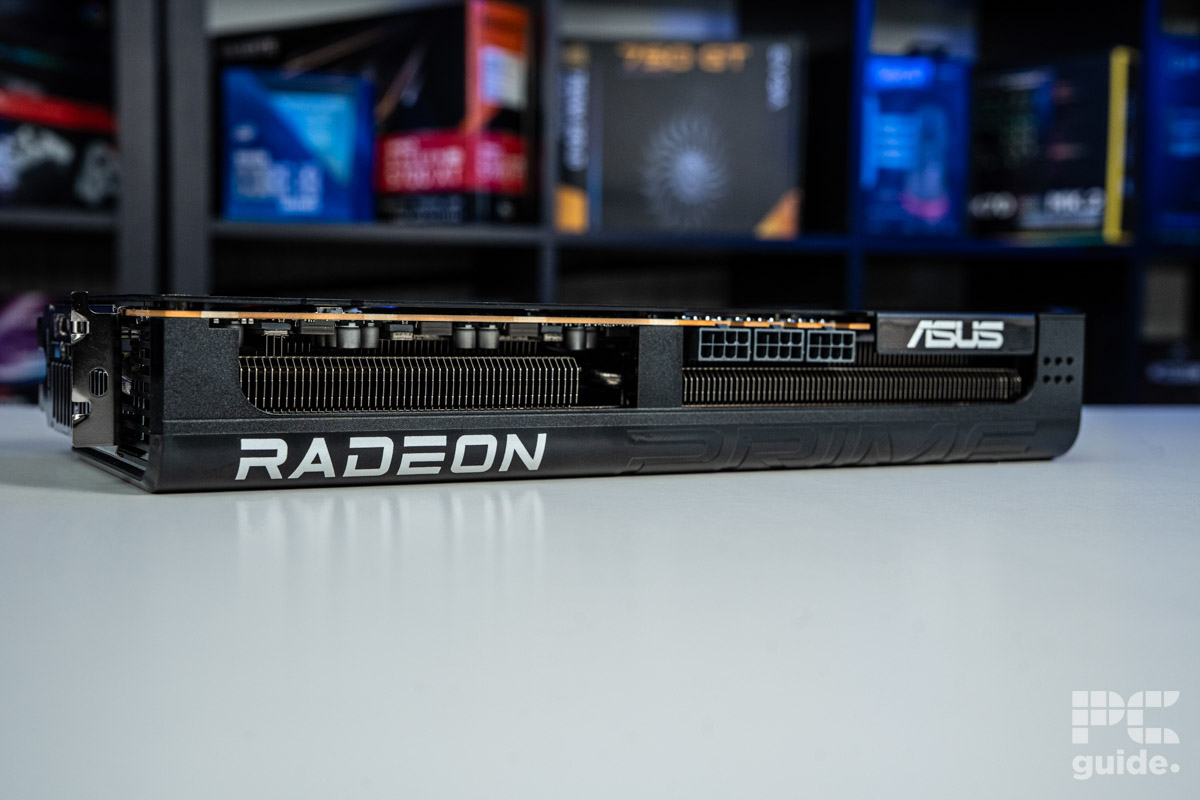AMD’s RX 9070 XT once again pulls ahead of Nvidia’s counterpart in this Assassin’s Creed Shadows benchmark

Table of Contents
With the launch of Ubisoft’s latest entry in the Assassin’s Creed franchise, Assassin’s Creed Shadows, reviewers and tech enthusiasts have been quick to showcase the game’s PC performance on two of the most hotly contested GPUs. One is AMD’s latest RDNA 4 flagship, the RX 9070 XT, which received positive feedback at launch for its strong raw performance and improved AI technology. The other, Nvidia’s RTX 5070 Ti, unfortunately, failed to deliver the uplift many wanted.
This isn’t the first time the RX 9070 XT has gone up against the 5070 Ti. YouTuber Hardware Unboxed previously tested both GPUs, showing that the 9070 XT matched the RTX 5070 Ti at 1440p and even pulled 3% ahead at 4K. Ray tracing performance was also surprisingly good, an area where AMD has traditionally struggled against Nvidia. With that in mind, we have a good idea of what to expect here.
Prime Day is finally here! Find all the biggest tech and PC deals below.
- Sapphire 11348-03-20G Pulse AMD Radeon™ RX 9070 XT Was $779 Now $739
- AMD Ryzen 7 7800X3D 8-Core, 16-Thread Desktop Processor Was $449 Now $341
- ASUS RTX™ 5060 OC Edition Graphics Card Was $379 Now $339
- LG 77-Inch Class OLED evo AI 4K C5 Series Smart TV Was $3,696 Now $2,796
- Intel® Core™ i7-14700K New Gaming Desktop Was $320.99 Now $274
- Lexar 2TB NM1090 w/HeatSink SSD PCIe Gen5x4 NVMe M.2 Was $281.97 Now $214.98
- Apple Watch Series 10 GPS + Cellular 42mm case Smartwatch Was $499.99 Now $379.99
- ASUS ROG Strix G16 (2025) 16" FHD, RTX 5060 gaming laptop Was $1,499.99 Now $1,274.99
- Apple iPad mini (A17 Pro): Apple Intelligence Was $499.99 Now $379.99
*Prices and savings subject to change. Click through to get the current prices.

- GPU: Navi 48 XT
- Stream Processors: 4,096
- VRAM: 16GB GDDR6
- Memory Bus Width: 256-bit
- Base/Game/Boost clock speed: 1,660/2,400/2,970 MHz
- TBP: 304W
9070 XT is 13% faster at 1440p native
The benchmarks come from popular hardware YouTuber Daniel Owens, who tested both GPUs at 1440p native resolution with maxed-out ray tracing. As expected, the results leaned heavily in favor of the Red Team. According to the in-game benchmark tool, the RX 9070 XT delivered an average of 52 FPS, with 0.1% lows at 42 FPS. Meanwhile, the RTX 5070 Ti managed 46 FPS on average, with 0.1% lows dropping to 32 FPS.
This means the RX 9070 XT is 13% faster in average FPS than the RTX 5070 Ti and an impressive 31% faster in 0.1% lows, with fewer frame spikes. Interestingly, @mpr_reviews also shared their results with the 5070 Ti using the same settings, showing an average of 41 FPS, which suggests the game might be a tiny bit CPU-bound since they used a 7800X3D while Daniel Owens had a 9800X3D. Unlike Daniel's test, however, the 5070 Ti's 0.1% lows in this case were closer to its average FPS.
No official FSR 4 Support
Interestingly, despite Assassin’s Creed Shadows not supporting AMD’s latest FSR 4 upscaling technology, the RX 9070 XT still managed to pull ahead of Nvidia’s more expensive RTX 5070 Ti. On the other hand, the RTX 5070 Ti shows its true potential once DLSS is enabled, as one user achieved an average of 94 FPS at 4K, highlighting that without its AI-based enhancements, native performance clearly favors AMD’s offering.
That said, if you want to add FSR 4 to Assassin’s Creed Shadows, you can use the FSR 4 OptiScaler mod, which forces the upscaling technology onto unsupported games. However, there’s no guarantee it will work properly, as only a limited number of games have been tested with this mod so far. All results have been promising, though, so it might be worth a try to see if you can boost performance even further.


